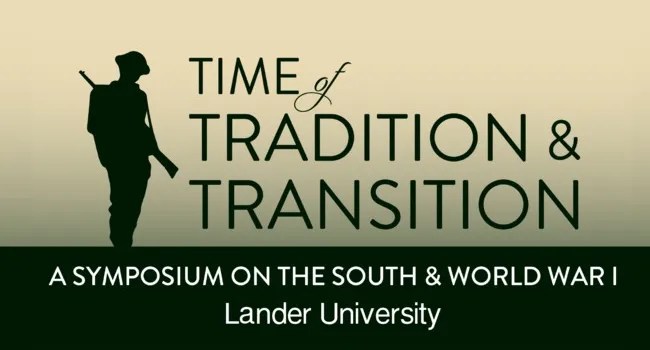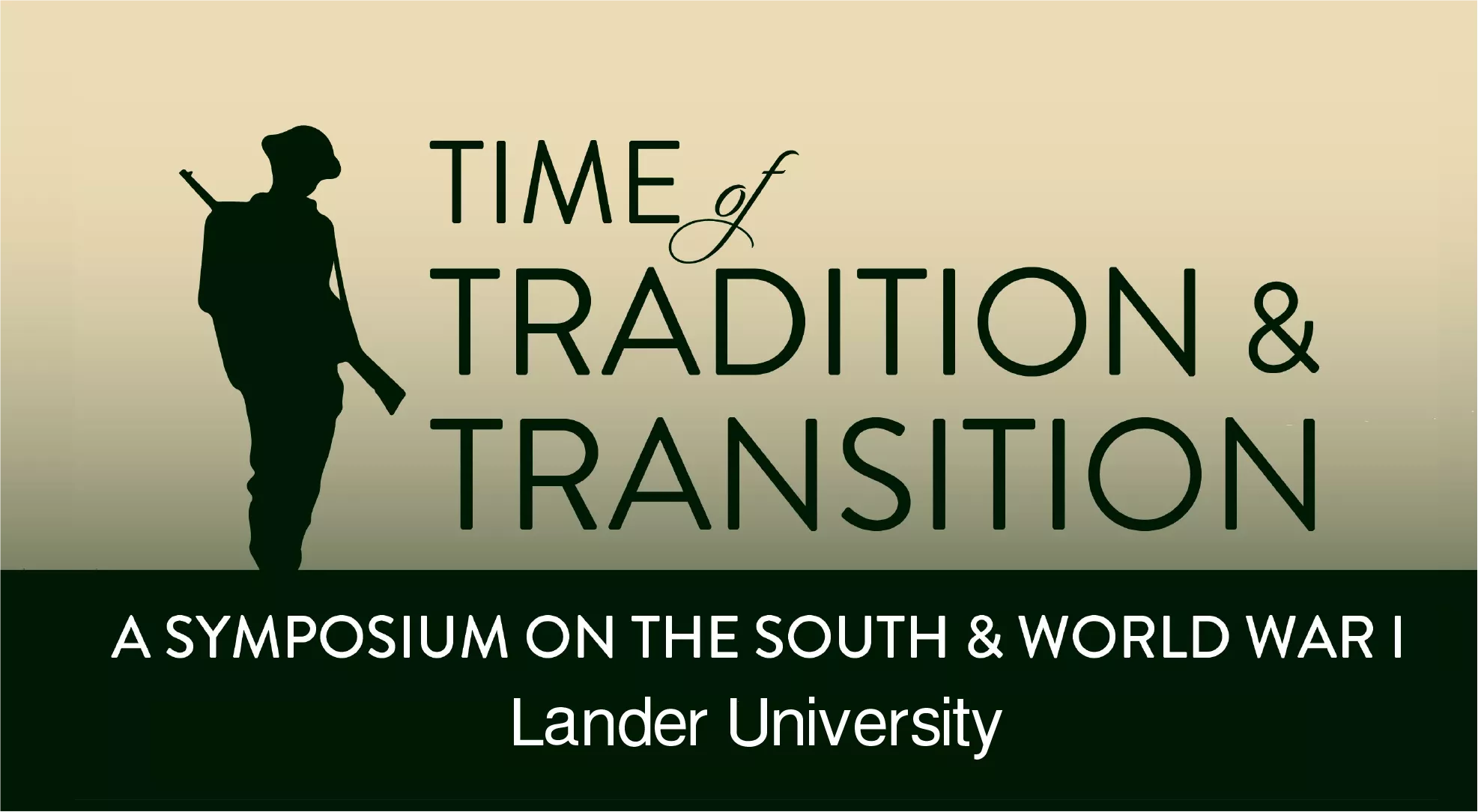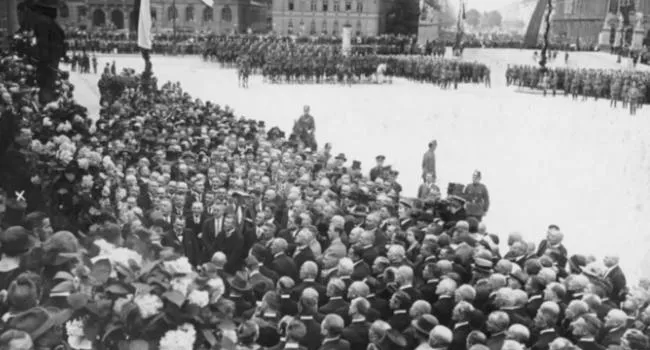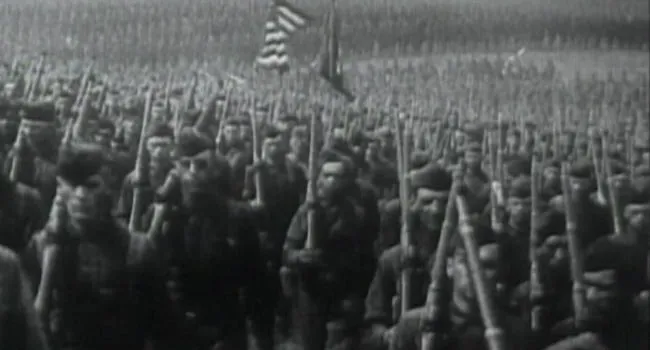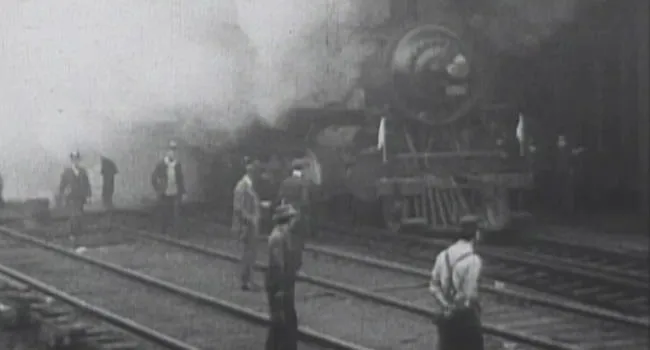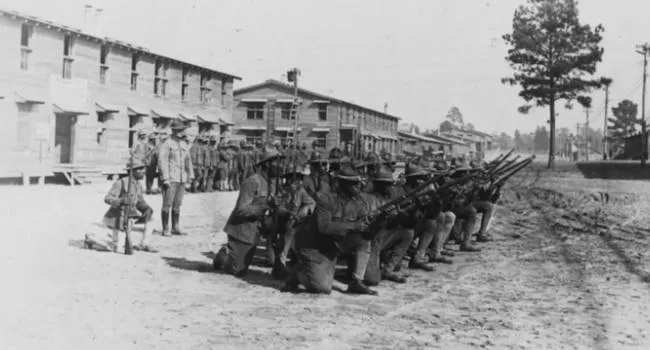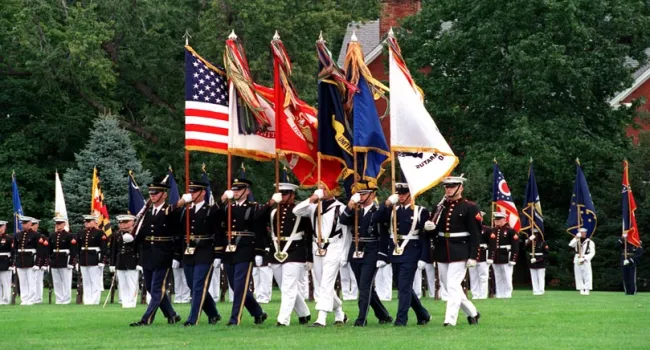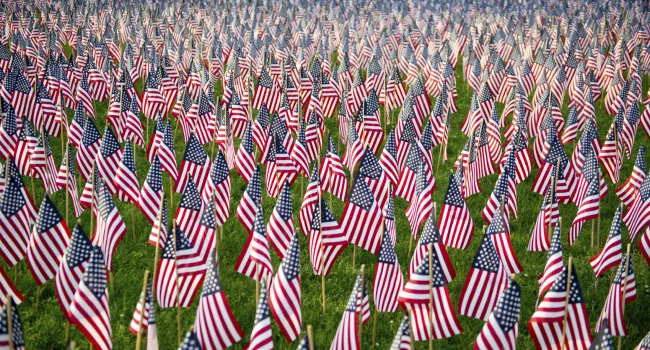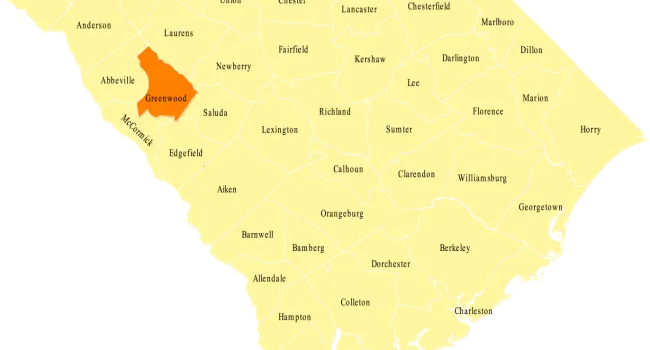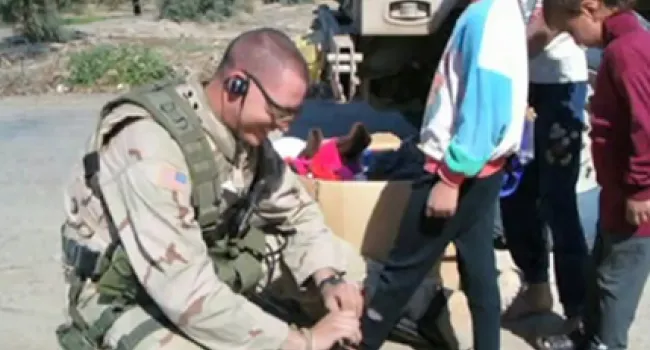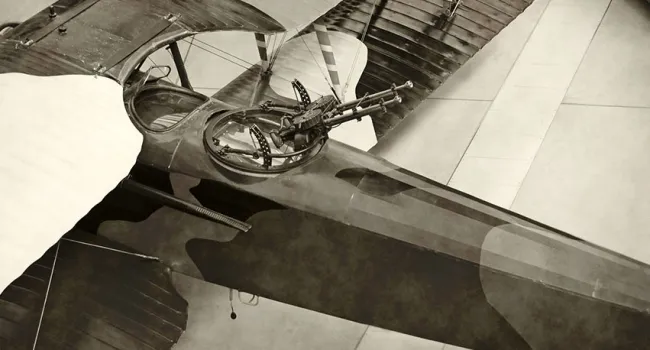Time of Tradition and Transition: A Symposium on the South and World War I
In March 2019, Lander University hosted a World War I Symposium in honor of the 100th anniversary of the Great War. Bringing together accomplished historians and local citizens the symposium set out to explain how WWI affected the South’s culture, economy, and politics.
Included in this series are interviews with the following experts:
- Dr. Angela Jill Cooley - Associate Professor of History at Minnesota State University, Mankato
- Dr. Matthew L. Downs - Associate Professor of History at the University of Mobile
- Dr. M. Ryan Floyd - Associate Professor of History at Lander University
- Dr. Fritz P. Hamer - Curator of History and Archivist at the South Carolina Confederate Relic Room and Military Museum
- Dr. Courtney Tollison Hartness - Assistant Professor of History at Furman University
- Dr. Lucas McMillan - Dean of the College of Behavioral and Social Sciences at Lander University
- Dr. Kathryn M. Silva - Assistant Professor of history at Claflin University
Various Topics In This Series May Not Be Suitable For Some Audiences. Viewer Discretion Is Advised.
